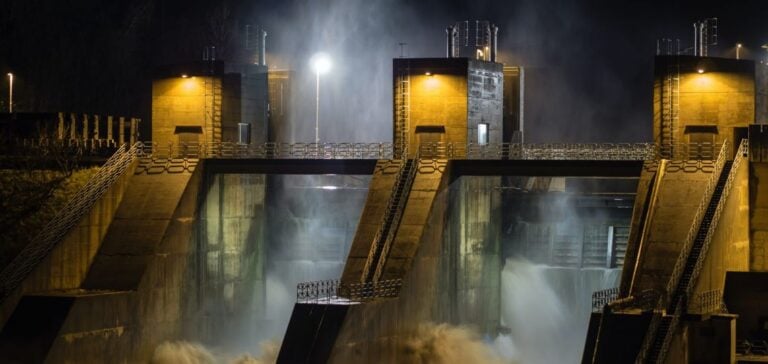Construction of the Tanahu hydroelectric project in Nepal has reached a new milestone with the completion of its head tunnel. Using water from the Seti River, located between the rural municipality of Rhishing and the municipality of Byas-5 in the Tanahu district, this reservoir project is well underway. The tunnel boring, an essential part of the project’s Package-2, covers 1,493 meters from its intake point, with a diameter of 7.4 meters, and is reinforced by a concrete lining.
Key leadership and collaboration
The drilling initiative was led by Kulman Ghising, Managing Director of the Nepal Electricity Authority (NEA), and Gopal Prasad Sigdel, Secretary at the Ministry of Energy, Water Resources and Irrigation. Sigdel underlined the significant progress of the project, calling for accelerated construction of the main dam site.
Technical progress and financial support
With a total estimated cost of 505 million US dollars, the project is being financed by an international consortium comprising the Asian Development Bank (ADB), the Japan International Cooperation Agency (JICA), the European Investment Bank and the Nepalese government via the NEA. Construction of the project is divided into three packages, the first of which concerns the foundations of the main dam.
Progress and future objectives
To date, the project has completed 54% of its physical construction, with a scheduled completion date of mid-July 2026. Project leaders, including Kiran Kumar Shrestha, Managing Director of Tanahu Hydropower, and Shyamji Bhandari, Acting Project Manager, emphasized the need to maintain momentum to ensure timely completion.
The continued success of the project requires cooperation between all stakeholders, in order to overcome the remaining challenges, notably the construction of the main dam. The importance of reservoir-based projects to balance energy demand and supply, especially during dry seasons, was reiterated.






















